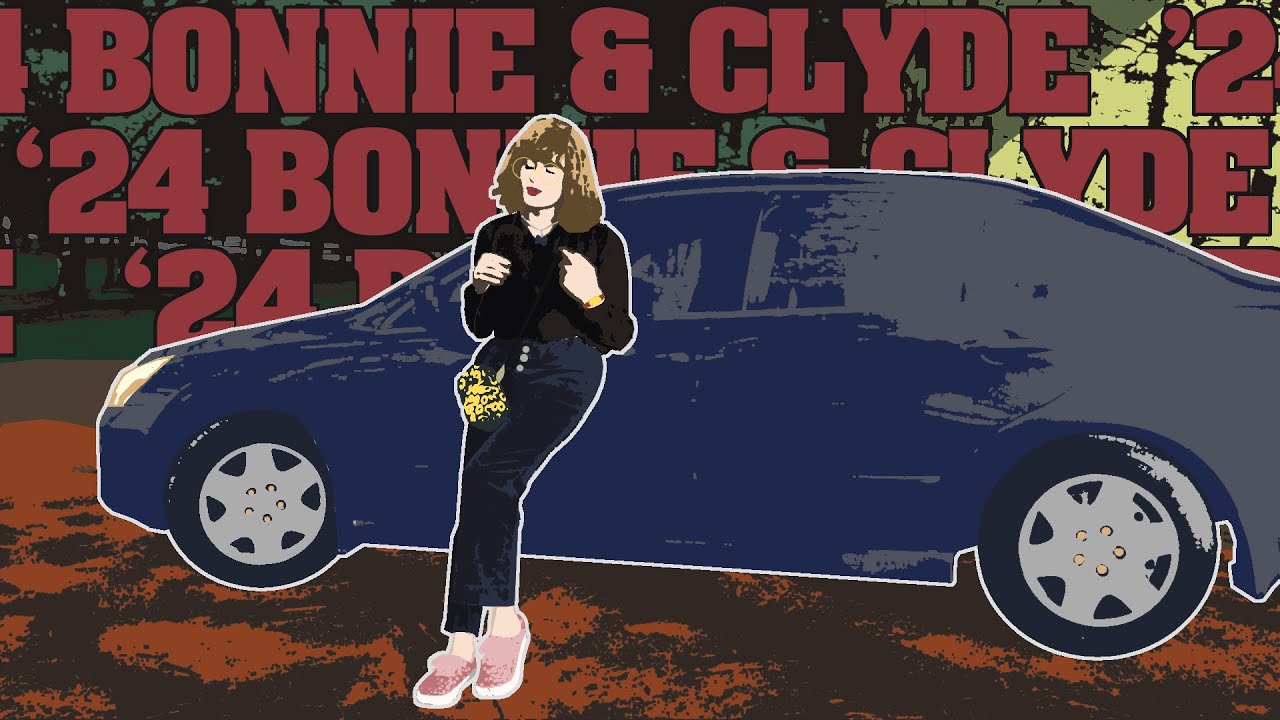This doesn’t apply to everyone, not on such a deep emotional level (I liked cars but I was never naming and hugging and kissing them) but when a car is a necessity, and you spend large swaths of your life in one, you definitely form a certain attachment, if not to the specific car, then to the general vibe and lifestyle. For say, a trans person in the american south… a car could be a lifeline, frequently the only thing between you and homelessness, etc.
I’m thankful to not need a car anymore, and I’ve developed a similar but different attachment to/fondness for transit, but cars still hold a certain comfort as someone who grew up in the sticks originally, and whose first real dose of independence and refuge from the world was getting a drivers license and access to a car. And while that shouldn’t be allowed to block reforms to the urban landscape that make cars less necessary and less viable, it’s worth being more empathetic to those with a strong connection to the car as that process progresses.
Maybe this isn’t even a good video to explain what I imply in the title but I hope it makes sense, and it did get me thinking about the topic


